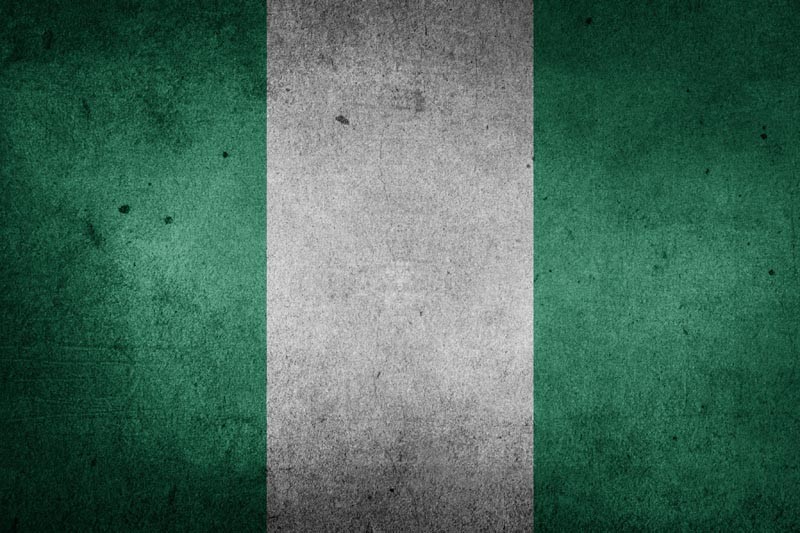8/13/2025 Nigeria (International Christian Concern) — More than two years after a deadly church bombing in Owo, Nigeria, that killed more than 50 worshippers, prosecutors on Monday arraigned five suspects accused of carrying out the attack. Judge Emeka Nwite, presiding over the case in a federal high court in Abuja, scheduled the trial to begin on Aug. 19.
Court filings indicate that authorities believe the men are part of the East African al-Shabab terrorist group, though that group’s operational presence in Nigeria has not previously been verified. While Owo’s location in southwestern Ondo state lies outside the typical range of Nigeria-based terror groups such as Boko Haram and Islamic State West Africa Province (ISWAP), al-Shabab’s sphere of operations is far more distant, and authorities initially blamed ISWAP for the attack. Neither group has claimed responsibility for the incident.
“It was time to close with a prayer at noon when the attackers arrived at the church,” an eyewitness and church member told International Christian Concern (ICC). “The parish priest said, ‘Go in peace.’ We were about to answer when the first gunshot killed a 15-year-old boy at the church gate.”
An ICC staffer who visited the church shortly after the attack saw blood splattered across the ground around the entire church, but no worshippers.
Eyewitnesses told ICC that the attackers were all of Fulani origin, suggesting the attack could have stemmed from extremist elements in the Fulani community rather than one of the more organized terrorist groups.
The chairman of the Christian Association of Owo County told ICC at the time that Fulani militants were the ones attacking villages in the Owo area, saying they were all over the local forests, destroying farms and raping women.
Nigeria has faced significant internal violence for years, mostly at the hands of terrorist groups and militant Fulani herdsmen. Tens of thousands have been killed or abducted by these two groups, and hundreds of thousands have been internally displaced.
The most prominent of these militant groups is Boko Haram, which was founded as an Islamic school in 2002. From there, Boko Haram quickly developed a radical Islamist agenda and, in 2009, began a campaign of violence that continues to this day. While the group has splintered and changed leaders several times since its founding, today it calls itself Jama’tu Ahlis Sunna Lidda’awati wal-Jihad, or JAS — it has maintained its violent tendencies and its “priority scale” of targets, with Christians at the top, followed by the government and Muslims who have not joined the group.
In addition to organized terrorist groups like Boko Haram, many communities have become radicalized over time and now collectively contribute significantly to the national death toll. Often triggered by disputes over limited grazing or water resources, such conflicts quickly take on a religious tone that leads to violence against religious leaders, houses of worship, and communities known for their faith.
According to one analyst of local militancy in Nigeria, ISWAP is funding Fulani militants in their attacks on Christian farmers — an ongoing conflict that ISWAP views as “another opportunity to target Christians, who they view as a key obstacle to establishing an Islamic State in West Africa.” This insertion of terrorist funding further underscores the religious undertones of even local conflicts. It highlights the need to address the element of religious persecution at every level of violence in Nigeria.
Meanwhile, the government — under Christian president Goodluck Jonathan, Muslim president Muhammadu Buhari, and now Bola Tinubu — has long failed to provide an effective response to the violence or adequate protection to vulnerable communities regularly targeted for their religion, such as in southern Kaduna state, where specific Christian communities have been attacked by Muslim extremists repeatedly throughout the years.
If Tinubu is serious about quelling the violence in Nigeria, one factor he must address is religion. Though not the only factor at play — lack of economic opportunity is another — it is a major one that he cannot afford to ignore.
Whether through programs to counter religious extremism or through special efforts to provide security for vulnerable Christian communities in violence-torn areas, Tinubu can make significant strides toward peace only if he is willing to address the religious tensions at play in his country.
To read more news stories, visit the ICC Newsroom. For interviews, please email [email protected]. To support ICC’s work around the world, please give to our Where Most Needed Fund.



